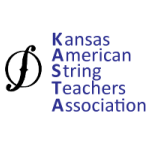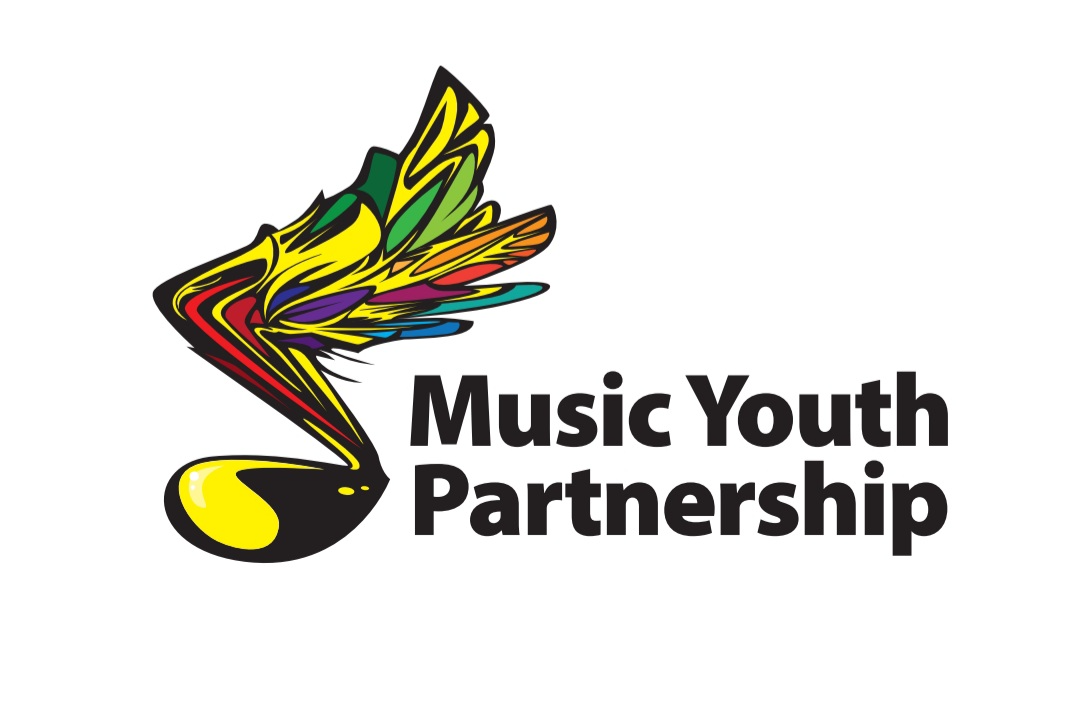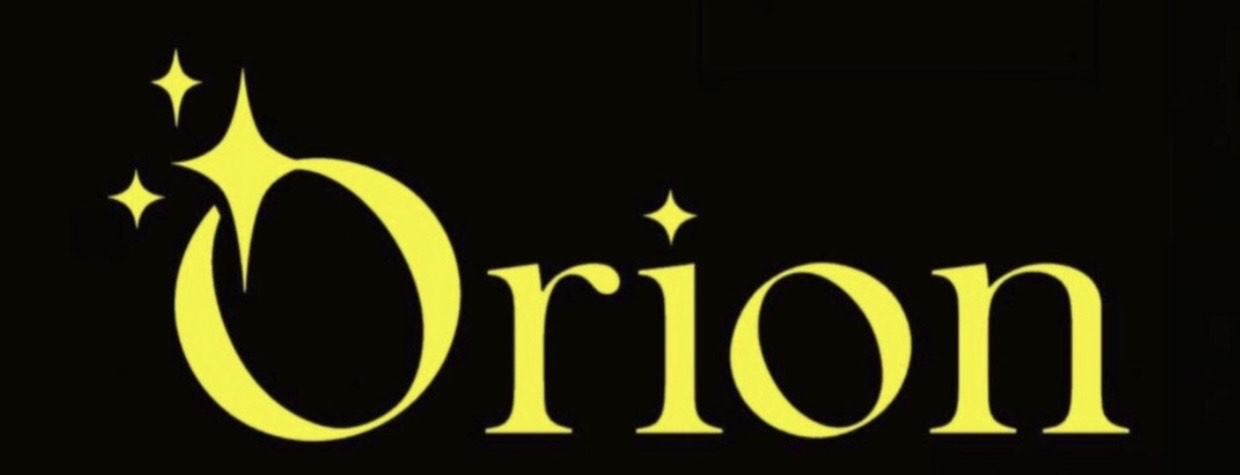
Reprinted with permission from the Fall 2014 issue of the Idaho Music Notes
Forgive me for my tears. I am sharing with you the story of one of my all time favorite students. His name does not really matter right now, as he is likely still languishing in prison. It seems that his decision to break into homes to steal and fence valuables was more important than what he learned about life in school. He is a very gifted musician who left the music program when I left to finish my doctorate. I feel terrible that he did not trust his talent with the very capable teacher who followed me. If you get nothing else from our time together, please know that none of you know the impact that you have on your students until you meet and work with those we call “special.” And, they truly are special for lots of reasons, least of which is because you will always learn far more about being a better teacher from them than you will at hundreds of canned, one-size-fits-all, district-sponsored and required professional development sessions.
I remember years ago learning about federal legislation mandating that “handicapped” students were provided access to music classes for part of the day, and I doubted the success of THOSE children in my highly performance-focused band classes. After all, my ensembles were the best at what they did, right? We had the trophy case to justify why only THE BEST entered my classroom. And, as time went on, more federal legislation mandated that disabled students would be included in the school “regular” classrooms for the whole day. I could understand why that federal law passed, but I also knew that there was no way I would be forced to work with THOSE students. Music is about beauty, right? Those students could never experience the same level of wonder and awe of meeting the challenges of the Holst Suites. It just was not possible, right? That disabled students could play and comprehend at the same level of the students in my band, right? After all, only the brightest and most talented joined my performing ensembles – you know, the kids that are National Merit Scholars, Valedictorians, the Salutatorians. Kids with 3.8 and higher GPA’s. Only the best, right?
I still remember that first day of school in one of my K-8 feeders. I walked through the door schlepping new instruments, books, and my book bag. I was thrilled at the huge list of beginning band students in this particular school. You know, the poor kids, the mostly black, high poverty, disengaged parents. I knew that very few could afford instruments, and those families who trusted me with their children and the enormous sum of $12 a month for the children to step into a whole new musical world, left me in awe. For me, it was the pinnacle of responsibility for success.
I knew how many students would meet me in their first class, as I strode confidently into the hall leading to my rehearsal space. But I was not ready. I was not ready for the tall, lanky smiling black face running towards me at a frightening speed. And, so excited because his dad had a trumpet he could play in my band. He was SO tall – as tall to look me squarely in the eyes – that I had to wonder why an eighth grader would be joining beginning band. But his infectious excitement drew my interest: “Ms. Enloe! Ms. Enloe! I got me a trumpet and can I play in the band? Huh? Can I?”
I knelt down on the floor in the hall and said, “May I see your trumpet, son?” So we lowered ourselves to examine the new instrument and as I gently opened the case, I realized that it contained “pieces” of a trumpet: a mouthpiece, various tuning slides, a third valve key, and some scary looking old valve oil. He even had the right trumpet version of our beginning band method. I realized very quickly that I needed to make band happen for this young man – no matter what. I knew that I had an old King three-valve baritone back at the high school that did not have a happy home with any of my high schoolers, so I offered to bring him that big instrument – you know, the one that matched his big excitement. I sent him back to class that day, vowing that band was going to happen for that student with the infectious enthusiasm, who smiled right into my eyes. At the end of the day, I stopped by the office to inquire about the student.
The principal very forthrightly said, “Oh, no. He can’t be in band because he is a special education student, in the self-contained classroom. He has severe learning disabilities – you know, mental retardation, right? And, you know? He’s also got emotional problems, right?”
I looked that man straight in the eye and said, “He WILL be in my class and I WILL find a way for him to be successful in my band!”
And, then I huffed off all indignant-like towards my tiny Honda Civic. Driving back to the high school, I realized I did not have a clue how I could help him be successful, but knew that the K-8 school had a highly successful special education teacher and I would call on his expertise immediately.
I learned so much from that special education teacher about how to best help my new baritone student. We vowed, the two of us, that we would make this work. I worked with the new student once a week, one-on-one for 20-30 minutes, preparing him for his inclusion with the other students.
I learned that breaking my instruction down into smaller parts, called “chunking,” would help him process the material easier. I also learned that my expectations that he play at a very accomplished level were likely not going to happen, but I decided that I would focus on giving him every opportunity that my non-disabled students enjoyed and that I would make some modifications to how he approached playing the instrument.
I realized in our first session together that he could never learn and remember fingerings; therefore, my hard-and-fast-rule of NO WRITING IN NOTE NAMES OR FINGERINGS was quickly discarded. We started with me writing in the fingerings for all of the music we would work on with the entire class and that seemed to work. I spent hours at home trying to figure out how to break my instruction down into manageable parts. Some days it worked, and some days I went home feeling so inadequate.
But learn to play the baritone, he did. He played on all of the concerts – with great, loud baritone gusto. The whining of his non-disabled peers, “Can’t you ask him to play softer?!” only provided impetus for me to encourage him to keep doing what he was doing. It was working!
The next year, he got all excited when the students were talking about honor band auditions. After class one day, he stopped me and asked. “Do you think I could try-out for the honor band? You know how dumb I am, right?”
It was all I could do not to cry, but I decided right then that not only would he try out, I would make sure that he was well prepared. He had worked so hard and had learned the fingerings to everything his class was playing and really no longer relied on written fingerings in the music. But when I found out that he could not play from treble clef baritone parts (similar notation to his trumpet book) on the audition and in the honor band, I knew that preparing for the audition would be a struggle.
As a baritone player, he would have to learn to play the bass clef parts, so we returned to writing in the fingerings. We spent our one-on-one time transferring his existing knowledge about playing the instrument, including fingering patterns, to the “new” bass clef type of music. The audition was three weeks away and I was truly worried because his excitement and enthusiasm were being replaced by concern, yet still accompanied by determination and grit. I offered to stay after school to give him even more remedial instruction, but his parents would not work with us. In fact, I believe I met the mother one time in all of my student’s time in the band program.
The week before the audition, I caught him looking out the window of the self-contained classroom, hoping to see me drive up. And, sure enough, he flew out the door to help me carry in all my “band stuff” so that he could share with me that he “got it.” As I was settling into my classroom, and preparing to teach, he ran back to his classroom to return with his baritone. And, sure enough, he had memorized the patterns to the point of erasing all the fingerings above the notes. I went with him to that successful audition where he finally realized that he was on equal footing with the “regular kids.” He was playing at the same level as the best players in the area. And the whole school was proud of his accomplishment.
The special education teacher stopped me at the end of the year to thank me for taking a chance on this student. He shared that the other students in the special education self-contained classroom looked up to my student as a leader because he could compete with anyone and find success.
I cried. I still cry when I think of this student, who truly challenged my attitudes about access to and participation in band. He taught me so much more than I ever taught him. I will never look at my students and not see unique individuals: with their own learning styles and their endless possibilities. Band – in fact, ALL music, is for ALL people.
We, the teachers, have to gladly accept the challenge to see endless potential in each student, and to make music happen for all those who walk in our classroom doors.























